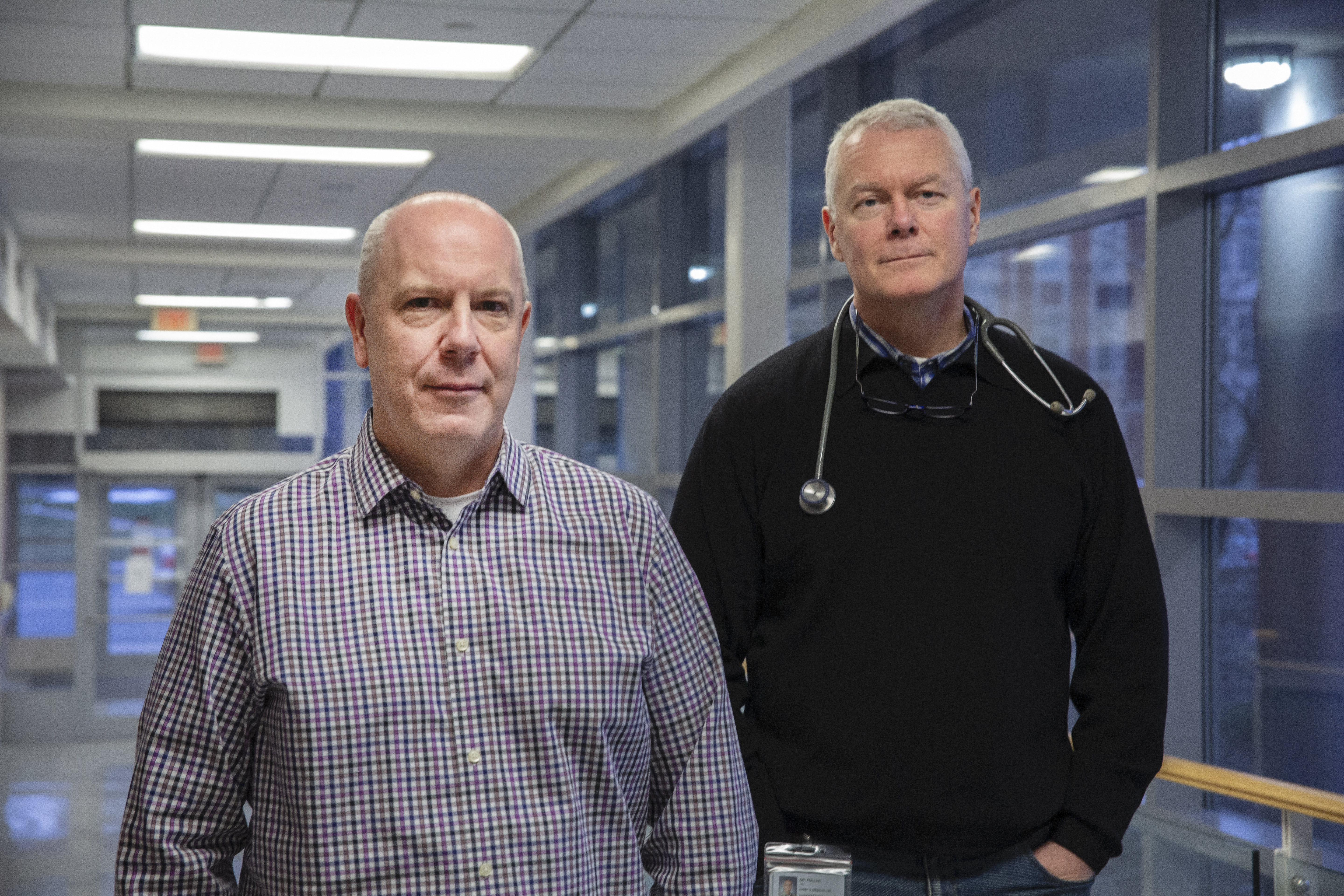Finding the best care in the right place this holiday season
Cold and flu season is here. That means a large number of people will visit the emergency department seeking relief from influenza or "the flu" that hits around this time of year. Over the winter months, people are in close quarters with others and typically spend more time indoors, which puts everyone at greater risk of exposure to the flu.

As medical director, emergency medicine and critical care, and clinical director, emergency services at Lakeridge Health, we see, first-hand, the spike in flu-related emergency room visits. This year’s flu has arrived and, like most Ontario hospitals, we expect the number of confirmed cases of this common virus to keep rising over the next few months. Traditionally, the flu season begins in mid-November and peaks in early to mid-January.
This time of year, Lakeridge Health emergency departments are much busier than usual and we want to help people access the care that they need as close to home as possible, and, wherever possible, avoid a trip to the emergency department.
The first step when you have the flu is good self-care. If you have common symptoms, including mild muscle aches, it is best to treat them at home if you are otherwise healthy. Plenty of rest and fluids can help improve symptoms within two to three days. But, if your fever is unrelenting, if muscle aches worsen and if you have a thick cough, or you are over the age of 65, pregnant, or living with a chronic illness or another underlying health condition, you should seek medical care.
There are a number of options if you need urgent medical attention. One of the ways you can prepare in advance is to know your family physician’s or clinic’s hours of operation. Knowing where urgent care or walk-in-clinics are located in your area can also help you find the right care when you or a loved one has an immediate medical problem. For a list of urgent care and walk-in clinics in Durham Region, go to our Emergency Care Options page.
Calling Telehealth at 1-866-797-0000 can also help you to determine what type of care you need.
Any time if there is a life-threatening health issue, or if you are unsure, go to the hospital or call 911 right away.
Flu prevention is the best defense
Washing your hands and the flu shot are your best defense against the flu.
Sneezing into a tissue or your sleeve and using hand sanitizer in public spaces can reduce the risk of spreading the flu.
If you have or suspect that you have the flu, consider wearing a mask while you are waiting for a medical appointment to reduce exposure.
When to visit the emergency department
- Difficulty breathing (when doing very little or resting)
- Continuous vomiting (or severe diarrhea with signs of dehydration)
- Sudden sever headache or weakness (including vision problems, numbness/tingling, trouble speaking and dizziness)
- Chest pain (or tightness in the chest)
- Confusion and disorientation
- Seizures or convulsions
- Broken bones or a wound that needs stitches
- Stiff neck (and sensitivity to light)
- Fever over 38.5 C (or 101 F) for an infant less than three months old
Photo above: Dr. Benjamin Fuller is the medical director emergency medicine at Lakeridge Health. Chris Jones is the clinical director, emergency services, critical care and Central East Prehospital Care Program.
